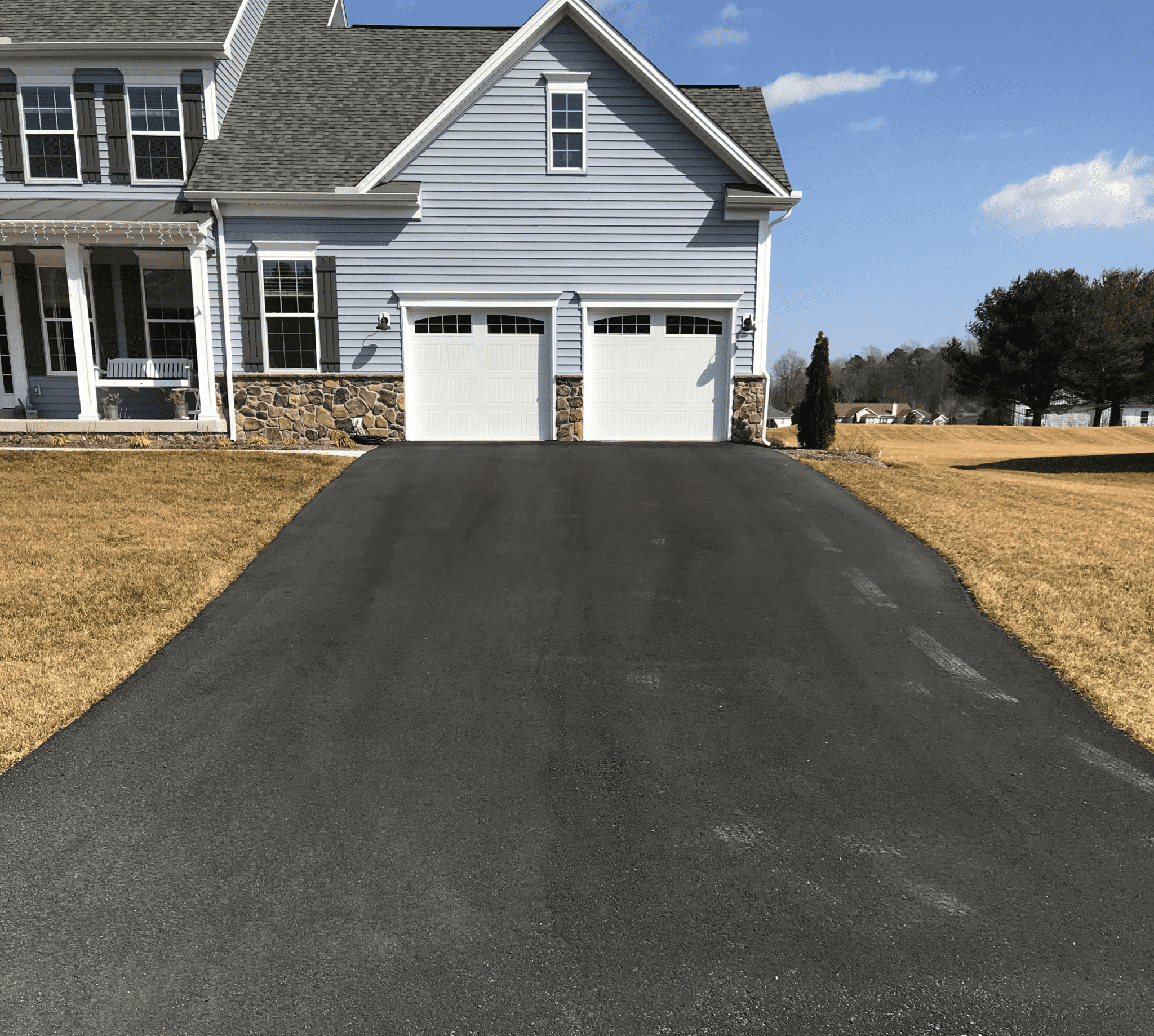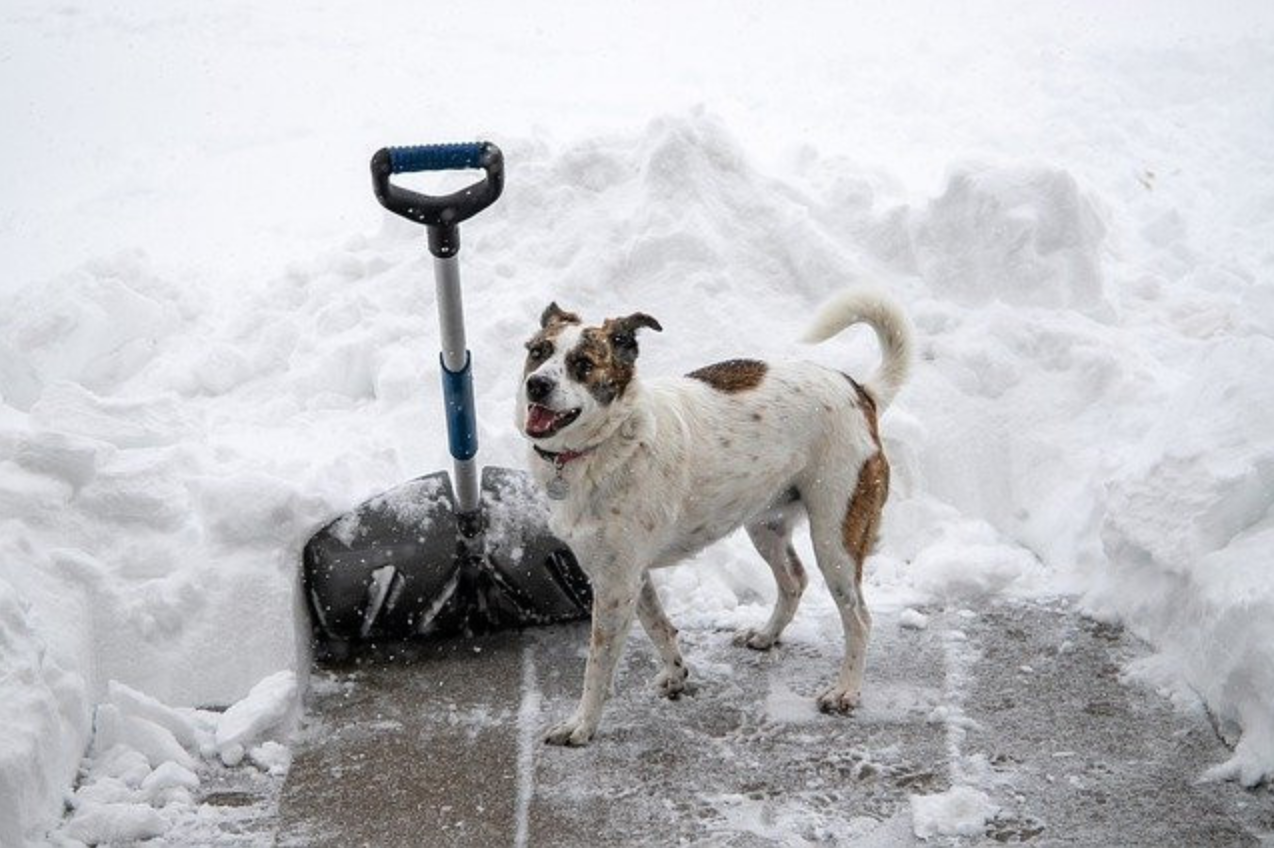Asphalt is a popular material for driveways and roads. It is attractive and holds up similar to concrete, but it is less expensive. Depending on how well it was installed, it may require maintenance every few years, but it is less likely to crack because it is more flexible. The key is to ensure that it is installed properly, including waiting an appropriate amount of time before using it.
Rain can damage a new asphalt driveway. Once the asphalt has cured, it can hold up to rain, but it takes time to set. Asphalt is made of oil mixed with an aggregate, and it takes time to dry and become a solid surface. In addition, the oil inside can react with the water and prevent the asphalt from curing, leading to potholes or cracking.
An asphalt driveway can be a great asset, but it is important to make sure that it is installed on a clear day when there is very little chance of rain for the days that follow. Read on to learn all about new asphalt and whether it can be damaged by rain.
New Asphalt Driveway and Rain: A Bad Combination
Rain will hurt a new asphalt driveway if it hasn’t had time to cure. When you install an asphalt driveway, it is important to make sure that it is a clear day and that it won’t rain for the days that follow. You shouldn’t even install it on wet ground if it has rained recently. The problem is that all asphalt mixtures contain oil, and oil repels water. The water from rain causes the oil to come to the surface of the asphalt, which interrupts its curing process.
If it rains on the asphalt before it is cured, it will reduce the quality of the asphalt. It can impact the stability of the asphalt, its longevity, and the way it looks. Rain can cause holes and cracks to form, which will lead to potholes quickly. If you install asphalt on wet ground, you will end up with cracks and other, more severe damage.
If you want your asphalt driveway to look great and last for a long time, it is critical to make sure that it is installed properly. Make sure that the ground is dry and that, ideally, there is no chance of rain for about a week. This will allow the asphalt to cure properly so that it is solid and durable.
The Benefits of an Asphalt Driveway
Asphalt is often a less expensive alternative to concrete. There are some benefits to using it. First, it is more flexible, so it doesn’t crack as much as asphalt does. Second, if it cracks, it doesn’t crack as far as concrete does.
The main benefit is that it costs a lot less than concrete.
It also handles the winter weather better and isn’t damaged as much by ice melting and salt. It takes less time to install, and it is ready to use quickly.
When it needs repairing, hopefully after many years, it can be resurfaced and sealed again, and homeowners can do it themselves or hire a professional. People often choose asphalt when they make a new driveway because of these benefits.
What Is the Downside to Using Asphalt?
There are several downsides to using asphalt for your driveway.
First, you have fewer design options than you do with concrete. All asphalt is flat, smooth, and black. If you don’t have a curb, the edges have an unfinished look.
Second, if you experience scorching weather, the asphalt can grow soft and sticky.
Also, while it can last around 15 or 20 years, plants can push through it and damage it, so you need to make sure that you keep the area around it weeded.
Generally speaking, people still install asphalt because it looks nice and is significantly less expensive than concrete.
Final Words
Asphalt is a popular material for driveways, but it can be ruined if it rains before it is cured. Oil is part of the mixture that makes it, and it doesn’t mix with water. The rain can cause the oil to come to the surface, and it might develop cracks or the beginning of potholes if it hasn’t cured. If you install asphalt, make sure that the ground is dry and that it won’t rain for the coming week after installation.
Related Posts:



